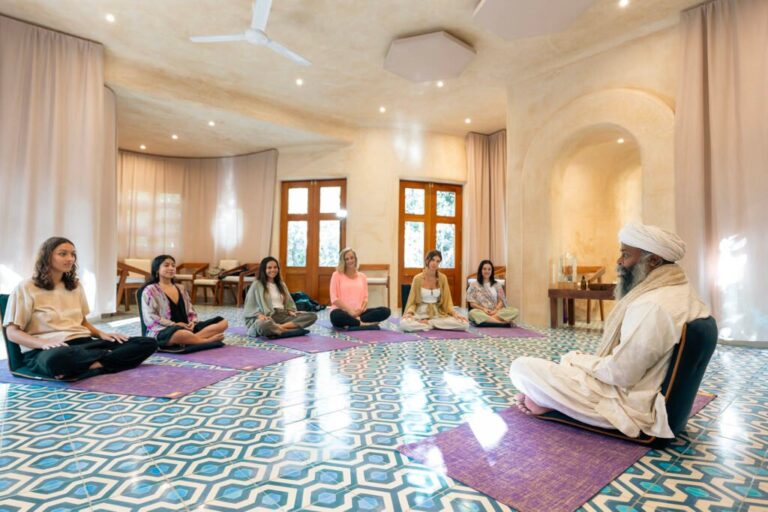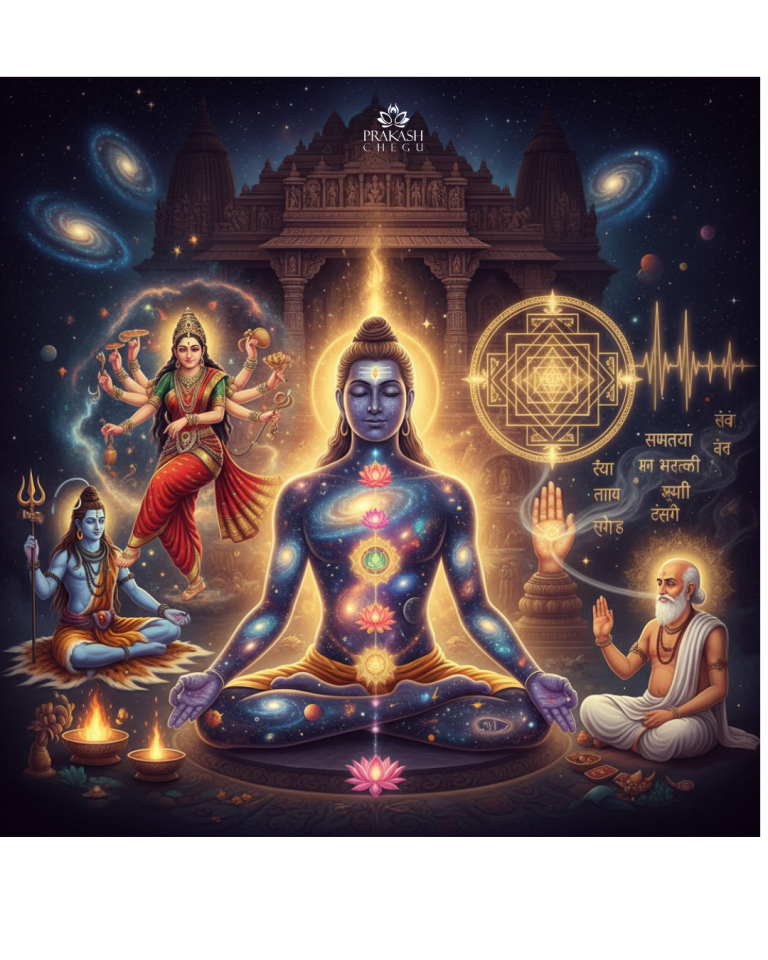Love brings people close. But new research shows that couples don’t just emotionally support each other — they actually create a shared cognitive system. In other words, when you’ve been with someone long enough, your memory stops being just yours — it becomes a team effort.
Welcome to the fascinating world of distributed cognition.
🧩 Memory: A Team Effort
In long-term relationships, partners often develop what scientists call a “transactive memory system”. This means:
-
You might remember dates and appointments.
-
Your partner remembers directions and family history.
-
Together, you’re a complete memory unit.
Just like a well-oiled computer network, one brain handles certain types of information while the other manages something else — and the “system” works best when both are online.
🔁 The Beautiful (and Complicated) Side of Shared Memory
The Good:
-
You remind each other of what you’d otherwise forget.
-
You fill in memory gaps for one another — finishing stories, correcting timelines, or recalling names.
-
You solve problems faster by distributing mental tasks.
The Complicated:
-
If one partner remembers something incorrectly, it can overwrite the other’s memory too.
-
Memory can become less reliable when there’s over-dependence — you stop encoding information because you assume your partner will remember it.
-
Conflicting memories can cause arguments (“That’s not how it happened!”).
🧠 Why This Matters
This research fundamentally shifts how we understand memory and connection.
Your brain doesn’t operate in isolation — especially in close, long-term relationships. The emotional bond deepens, yes, but so does the mental circuitry. Your partner becomes an external hard drive for your brain.
So when we talk about “losing ourselves” in love, it’s not just poetic — it’s neurological.
❤️ What You Can Do With This Insight:
-
Be mindful of what your partner carries for you — emotionally and mentally.
-
Support their memory instead of shaming it. You’re in this together.
-
Value communication — talking things through helps correct distorted or incomplete memories.
-
Celebrate your unique roles in the cognitive ecosystem of your relationship.
In love, you’re not just building a home.
You’re building a shared mind — one that remembers, learns, forgets, and evolves together.
Your love story?
It lives in the space between your two brains.
That’s not just romantic — that’s neuroscience.









